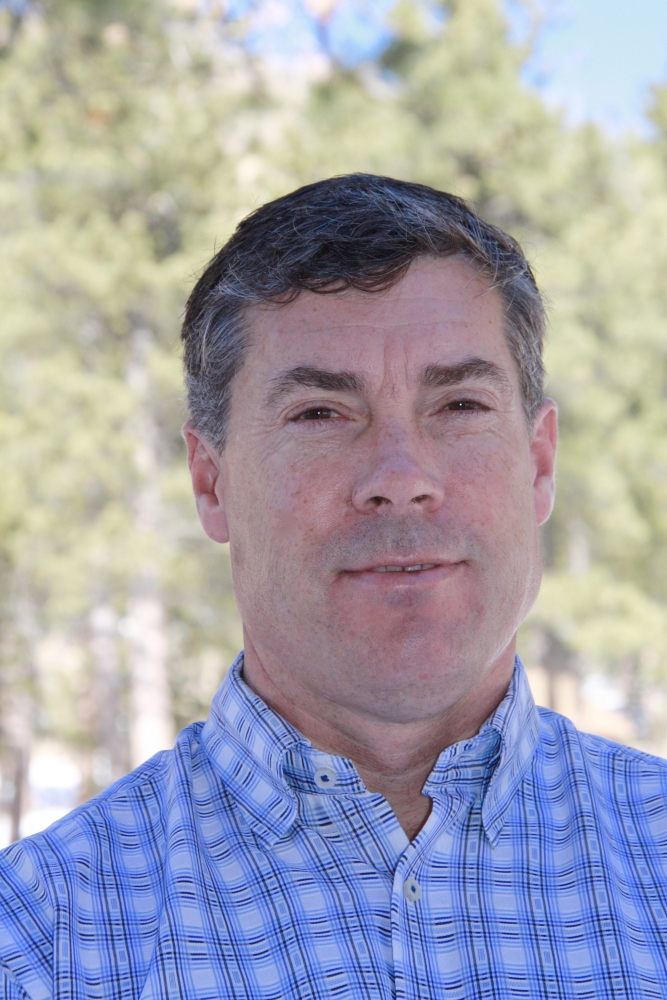
Better living through civil public discourse — in today’s charged political climate, it sounds almost too good to be true. But it is exactly the type of work religious studies scholar Greg Johnson is eager to tackle in his new post as director of the Walter H. Capps Center for the Study of Ethics, Religion, and Public Life.
The Capps Center promotes dialogue about ethical teachings as a means to inform and engage citizens, and seeks to strengthen tolerance and respect in order to achieve common good. Noting the “great track record” he is inheriting, Johnson said he looks forward to continuing the legacy of his predecessors.
“Religious studies scholars, like many academics, have a way of speaking in coded jargon, in a way that’s to ourselves, about ourselves,” he said. “That’s no longer sufficient, it seems to me. The challenge that Walter Capps himself set out — and that then was pursued in his name by former director Clark Roof and others — was to do things differently, making sure that what we do matters to the public at large, and articulates with broad political concerns.”
Johnson, whose research focuses on the intersection of indigenous traditions and law, comes to the position after 14 years at University of Colorado Boulder. He envisions a center that engages fully with the community at large, and one that doesn’t shy away from potentially contentious issues.
One major theme of his directorship, Johnson said, is “getting past the ivory tower.” He plans to explore a wide variety of topics — including potentially controversial subjects like immigration reform and sexual health education — through the lens of robust but polite conversation. “That is the kind of thing I really aspire to do,” he said. “Let’s not pretend to be better than one another or talk past one another. Let’s engage really directly.”
In keeping with the mission of the center, Johnson said he plans to delve into the most pressing issues of the modern era — namely, environmental decline and the potential collapse of democracy. “Religious traditions have a variety of ways to inform this kind of a moment,” he explained. “Let’s open up those conversations. And when we talk about the conjunction of these two things, we better be acting fast. Everything else seems a bit trivial to me right now.”
“Greg Johnson’s enthusiasm for exploring critical issues such as our environmental crisis and the state of our democracy makes him an ideal leader for the Capps Center,” said John Majewski, Michael Douglas Dean of Humanities and Fine Arts. “He is committed to a tolerant and respectful dialogue about the role of religion and spirituality in public life that is Walter Capps’ legacy. I look forward to the center’s continued success in promoting public engagement and deeply informed discussion that should be defining features of our nation’s civic life.”
The Capps Center was established in 2002 to honor and further the legacy of the late Walter H. Capps, a religious studies scholar and elected member of the U.S. House of Representatives. The consummate public scholar, he believed the values of diverse religions could enrich public life.
The center’s objectives include programming lectures and conversations, as well as overseeing an internship program, administering fellowships, planning ethics courses and facilitating conversations on a wide variety of ethical topics. More information is available at https://www.cappscenter.ucsb.edu/.



